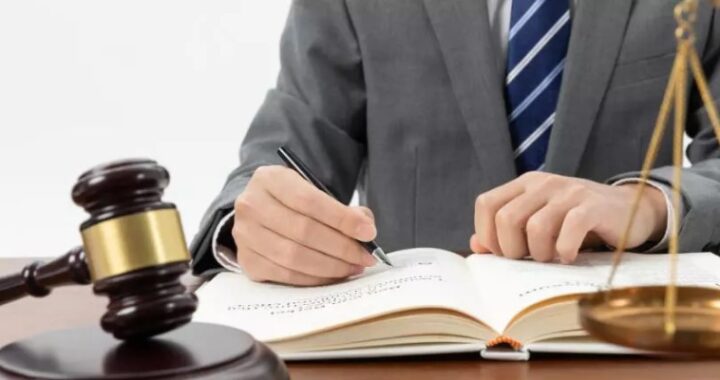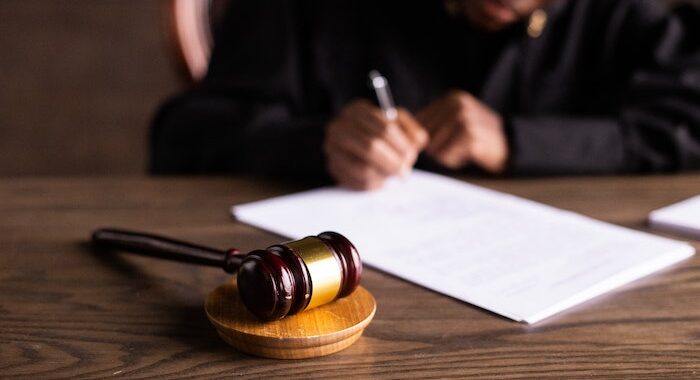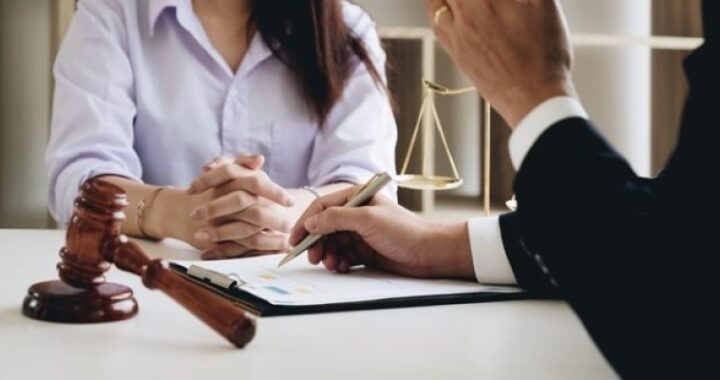Officer LaPointe Pasco County Lawsuit: An In-Depth Overview

In recent years, the officer LaPointe Pasco County lawsuit has garnered significant attention in the media and legal circles. It’s a complex case that raises crucial questions about law enforcement practices, individual rights, and the use of force. In this article, we will take you through a detailed exploration of the lawsuit, examining the events that led to it and the implications it may have on policing and accountability. So, let’s delve into the heart of the matter and gain a comprehensive understanding of the officer LaPointe Pasco County lawsuit.
Understanding the Background
To grasp the full context of the officer LaPointe Pasco County lawsuit, we must first understand the events that transpired before it came into the public eye.
A Brief Overview of Officer LaPointe’s Career
Officer John LaPointe, a veteran law enforcement officer, had served in Pasco County for over two decades. During his tenure, he received commendations for his bravery and dedication to keeping the community safe. However, recent incidents raised concerns about his use of force and interactions with the public.
The Incident in Question
The officer LaPointe Pasco County lawsuit stems from an incident that occurred on [date]. During an altercation with a civilian, Officer LaPointe allegedly used excessive force, resulting in severe injuries to the individual involved. This incident quickly gained attention on social media, leading to protests and demands for accountability.
The Legal Battle Unfolds
The officer LaPointe Pasco County lawsuit has been a closely watched legal battle, drawing attention from the public, civil rights organizations, and legal experts. Let’s delve into the details of the lawsuit and its progress through the legal system.
Filing of the Lawsuit
The injured civilian, represented by prominent civil rights attorneys, filed a lawsuit against Officer LaPointe and the Pasco County Police Department. The lawsuit alleges a violation of the plaintiff’s constitutional rights and seeks compensation for the damages caused.
Court Proceedings and Evidence
As the lawsuit progressed, both sides presented their arguments and evidence. The court examined surveillance footage, eyewitness testimonies, and expert opinions to determine the validity of the claims.
Impact on Law Enforcement Practices
The officer LaPointe Pasco County lawsuit has put a spotlight on law enforcement practices, particularly the use of force and officer accountability. Police departments across the country have been reevaluating their training protocols and internal disciplinary procedures to prevent similar incidents in the future.
The Role of Body Cameras in Police Accountability
One crucial aspect that emerged during the officer LaPointe Pasco County lawsuit is the role of body-worn cameras in ensuring police accountability and transparency.
The Call for Body Cameras
Civil rights advocates have long called for the widespread adoption of body cameras by law enforcement officers. The footage captured by these cameras can serve as vital evidence in cases where officer conduct is under question.
Impact on Public Trust
Body cameras can enhance public trust in law enforcement by providing an unbiased account of interactions between officers and civilians. This transparency can help bridge the gap between communities and the police.
Community Response and Protests
The officer LaPointe Pasco County lawsuit sparked widespread public interest and prompted protests and demonstrations across the county.
Calls for Justice
Protesters have taken to the streets, demanding justice for the injured civilian and accountability for Officer LaPointe’s actions. These demonstrations have rekindled discussions about systemic issues in law enforcement.
Police-Community Relations
The case has further strained police-community relations in Pasco County. Law enforcement agencies are now actively engaging with community leaders to rebuild trust and promote open dialogue.
The Implications of the Lawsuit on Policing
The officer LaPointe Pasco County lawsuit has far-reaching implications for law enforcement practices and regulations.
Use of Force Policies
Police departments are reevaluating their use of force policies to ensure they align with best practices and prioritize de-escalation techniques.
Training and Professional Development
The case has highlighted the importance of ongoing training and professional development for law enforcement officers to handle complex situations effectively.
Accountability Measures
To address concerns about officer accountability, there are discussions about establishing independent oversight bodies to review and investigate allegations of police misconduct.
FAQs
What were the specific allegations against Officer LaPointe in the lawsuit?
Answer: The lawsuit alleges that Officer LaPointe used excessive force during an altercation with a civilian, resulting in severe injuries to the plaintiff.
What is the current status of the lawsuit?
Answer: As of [date], the lawsuit is still ongoing, with court proceedings and evidence examination underway.
How has the community responded to the lawsuit?
Answer: The community has responded with protests and demonstrations, calling for justice and police accountability.
What are the implications of this lawsuit on other law enforcement agencies?
Answer: The lawsuit has prompted other law enforcement agencies to review their policies, training, and accountability measures.
Are body-worn cameras mandatory for officers in Pasco County?
Answer: While not mandatory for all officers, many law enforcement agencies in Pasco County have adopted the use of body cameras.
How can police-community relations be improved?
Answer: Improving police-community relations requires open dialogue, transparency, and efforts to address community concerns.
Conclusion
The officer LaPointe Pasco County lawsuit serves as a crucial moment for reflection on law enforcement practices and the need for accountability. It highlights the significance of transparency, training, and community engagement in fostering trust between the police and the public. As the legal battle continues, it is essential to learn from this case and take proactive steps to build a safer and more equitable society.

 Voluntary Disclosure in Canada: What Are Its Salient Features?
Voluntary Disclosure in Canada: What Are Its Salient Features?  Inappropriate Touch During a Massage: What to Do and Your Legal Rights
Inappropriate Touch During a Massage: What to Do and Your Legal Rights  Understanding the Difference Between American and Canadian Law Systems
Understanding the Difference Between American and Canadian Law Systems  Common Process Service Mistakes and Ways to Avoid Them
Common Process Service Mistakes and Ways to Avoid Them  What to Do When a Loved One is Arrested
What to Do When a Loved One is Arrested  The Benefits of Hiring a Legal Document Preparer
The Benefits of Hiring a Legal Document Preparer  Know Your Rights: A Legal Guide to Abuse Laws in India
Know Your Rights: A Legal Guide to Abuse Laws in India  NIO Class Action Lawsuit
NIO Class Action Lawsuit  Nine Energy Lawsuit
Nine Energy Lawsuit